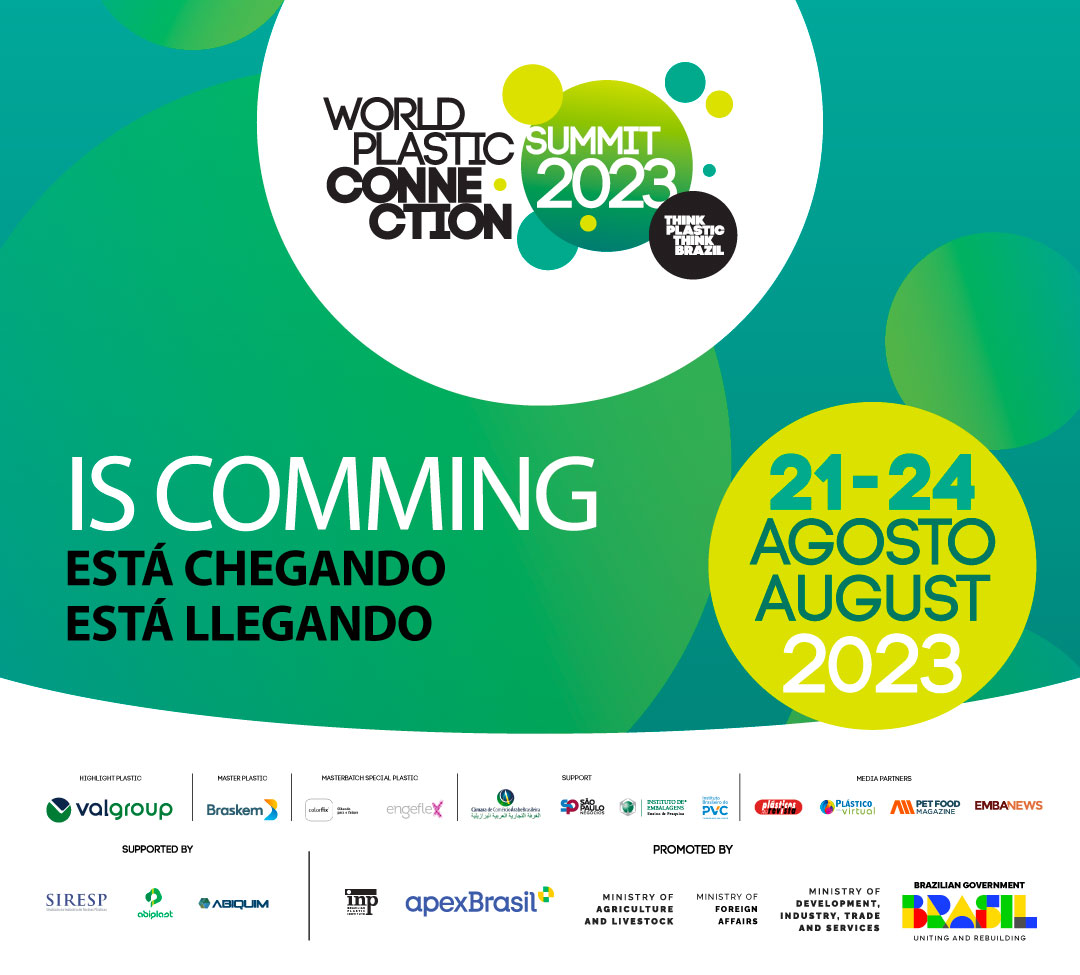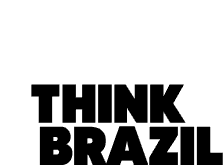Brazilian industries invade The Inspired Home Show in Chicago with products of great innovation and design, proving that plastics are indeed sustainable
From award-winning kitchen drainers (Crippa’s Smart S) to cleaning products, including showers, kitchen products, children’s products, modular pots and thermal bottles. In contrast to the negative campaigns against plastic, Brazilian companies invest in foreign markets and gain more and more international market. (Check below the main releases of companies that increasingly invest in Circular Economy).
The next big action of this industry – sector known as plastic transformation – will be at The Inspired Home Show, which takes place from March 14 to 17 in Chicago (USA). The Brazilian participation will feature 32 companies that produce the most diverse items, in addition to one visitor, all coordinated by Think Plastic Brazil, a program for export and internationalization of Brazilian plastic manufacturers, coordinated by INP (National Institute of Plastics) in partnership with Apex-Brasil (Brazilian Trade and Investment Promotion Agency).
In 2017* alone, Brazil produced 6.2 million tons of plastic processing, almost 67 percent of the rest of Latin America (9.3 million tons). Approximately 279 thousand tons were destined to export, being almost 38 thousand tons only to the USA (second importer market, with 13.6% share). It is a U$D1.2 billion market eager for Brazilian innovations, with companies recognized for their cutting-edge profile.
*Abiplast 2018 profile
Sustainability
According to the most recent data made available by IBGE, the country produced 6.2 million tons of plastic products in 2018. About 65% of these products have a medium and long life cycle and are applied in various sectors, such as construction, machinery and equipment, electronics, agriculture and textiles. Only 0.03% of the production is related to straws; and 1.7%, to disposables.
Being recognized as a revolutionary material for decades, plastic brings innovations of undeniable importance for the development of society. Lightness, versatility, resistance, accessibility, asepsis and durability are some of its qualities; and its ability to be recycled makes it compatible with the current model of sustainable consumption.
The great challenge for society is to make the material reach the recycling industry, as well as to make the value of the recycled product recognized and encouraged. According to the latest available data, 25.8% of plastic and post-consumption packaging was recycled in Brazil in 2016, equivalent to the recycling of 550,000 tons of material.
 Home
Home 
